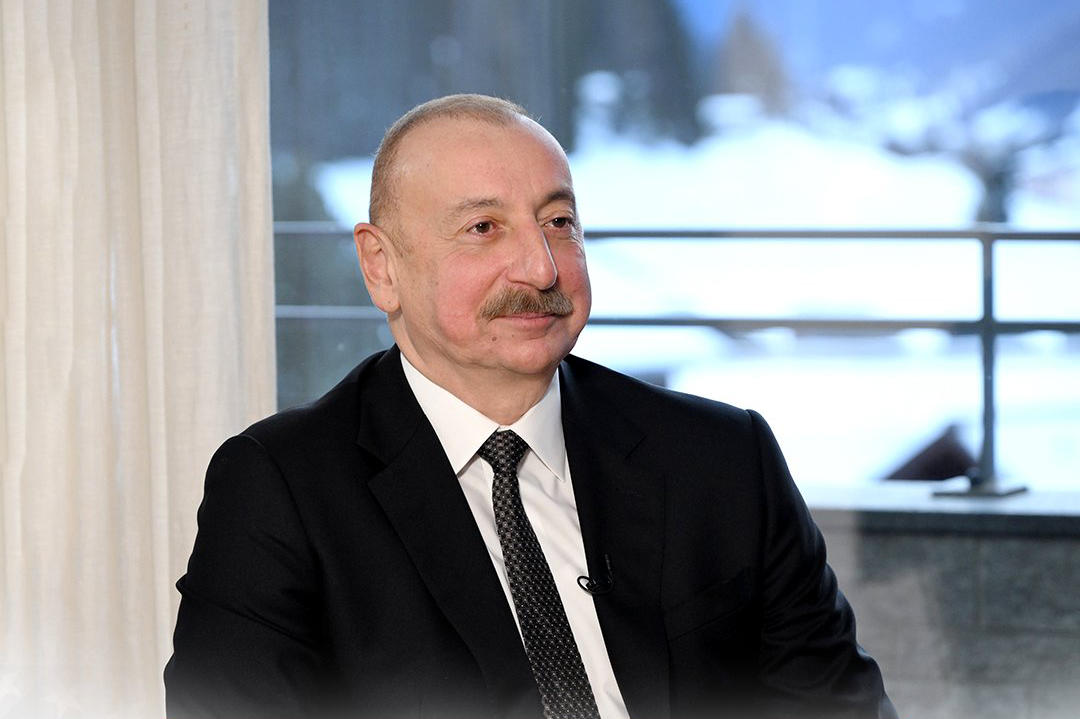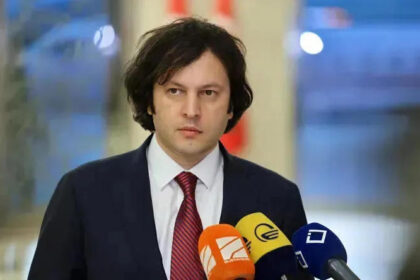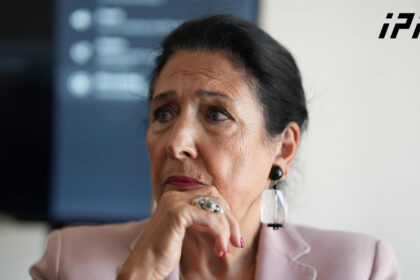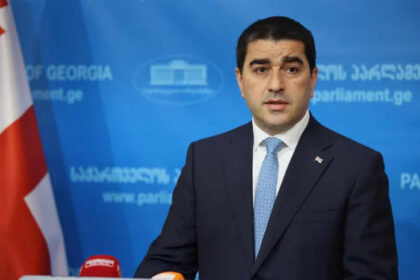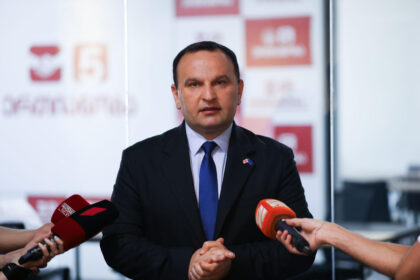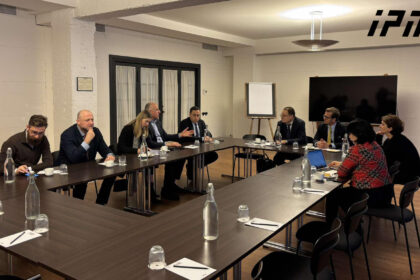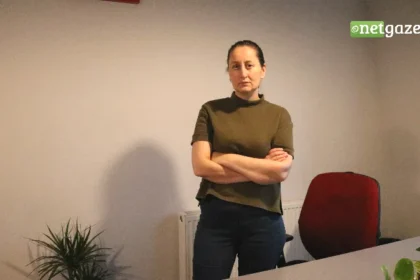**Azerbaijan’s President Slams EU Commission Over Georgia**
In a strongly worded statement, Azerbaijan’s President Ilham Aliyev has criticized the European Union (EU) Commission for its attitude towards Georgia’s internal processes. According to President Aliyev, the EU Commission’s behavior is “completely unacceptable” and amounts to colonialist interference.
At the heart of the issue is the EU Commission’s apparent disregard for Georgia’s sovereignty in matters related to its own government and people. In a clear expression of solidarity with his Georgian counterpart, President Aliyev emphasized that internal affairs should be decided by the Georgian people themselves, rather than bureaucrats from Brussels.
This stance reflects a deeper concern among some regional leaders about the EU’s expanding influence and perceived meddling in domestic politics. By taking sides in Georgia’s internal matters, President Aliyev sees the EU Commission as overstepping its bounds and infringing on Georgia’s right to self-determination.
**A Message of Support**
President Aliyev’s comments are likely to resonate with many Georgians who feel that their country’s sovereignty is being compromised by external pressures. The statement also underscores Azerbaijan’s own history with European powers, which has often been marked by tensions over issues like energy politics and territorial disputes.
While the EU Commission’s role in promoting democracy and human rights is well-intentioned, its approach can sometimes be seen as heavy-handed or insensitive to local contexts. In this case, President Aliyev’s rebuke serves as a reminder that the EU must be mindful of its own influence and avoid appearing to impose its will on sovereign nations.
**A Deeper Look**
President Aliyev’s comments also carry implications for regional dynamics and the ongoing efforts to strengthen ties between Europe and the South Caucasus. The EU has long sought to expand its presence in the region, but this endeavor has sometimes been complicated by historical grievances and competing interests.
In the case of Georgia, President Aliyev’s statement highlights the need for a more nuanced approach that respects the country’s sovereignty while promoting cooperation on key issues like security, trade, and energy. By acknowledging these complexities, the EU can build trust with regional leaders and foster a more inclusive dialogue that serves the interests of all parties involved.
Read More @ www.interpressnews.ge




